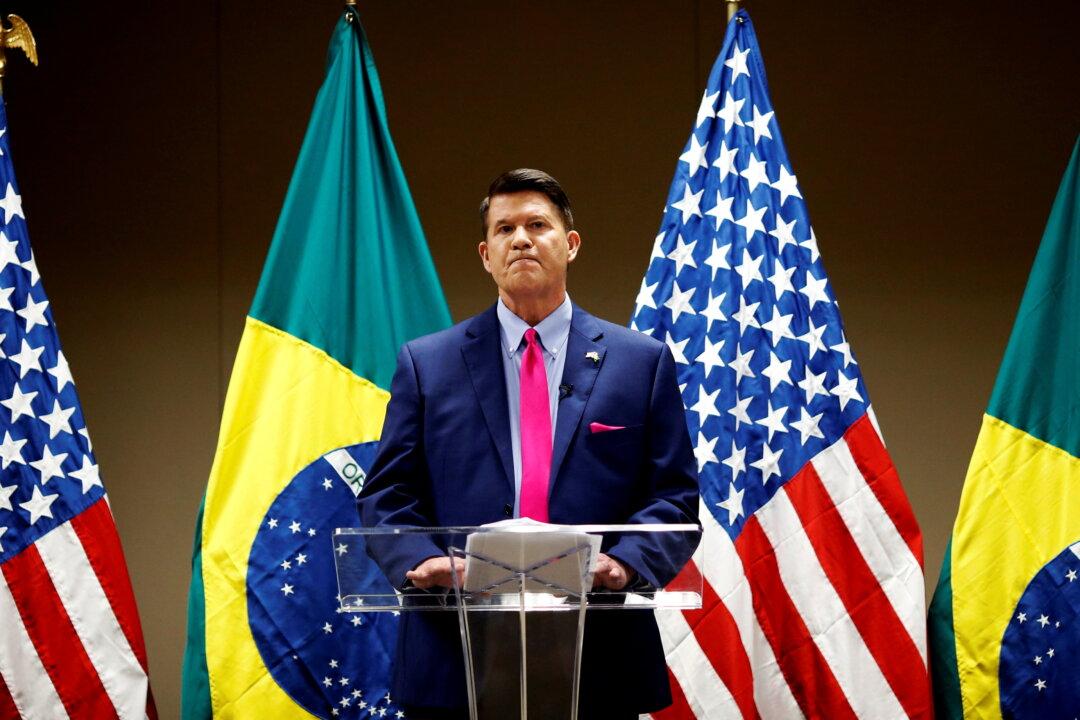Brazil, Ecuador, and the Dominican Republic last week joined the U.S-led Clean Network initiative meant to ensure that its participants use only trusted vendors in their 5G networks, State Department Undersecretary Keith Krach said.
“Brazil became the 50th member of the Clean Network, followed by Ecuador and the Dominican Republic, and Jamaica is on the way,” Krach said. “In just six months, the Clean Network alliance of democracies has grown to 53 nations strong, and it represents two-thirds of the world’s global domestic product,” Krach said in a Nov. 24 statement.





